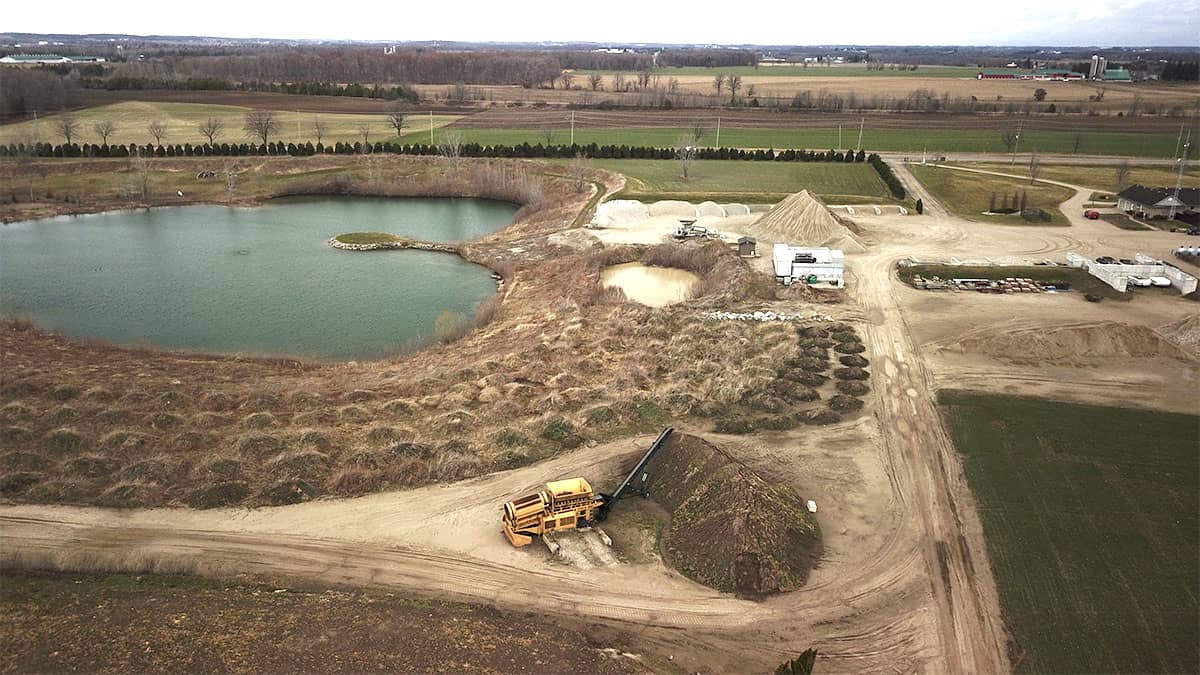;
;
;

Woolwich has dropped the fight against a gravel pit proposed for a site near Maryhill, clearing the way for Capital Paving to begin mining there. The Guelph-based company had taken the process to the Ontario Land Tribunal (OLT). A hearing scheduled for later this year was essentially pre-empted by t
Last updated on May 03, 23
Posted on Mar 09, 23
2 min read
